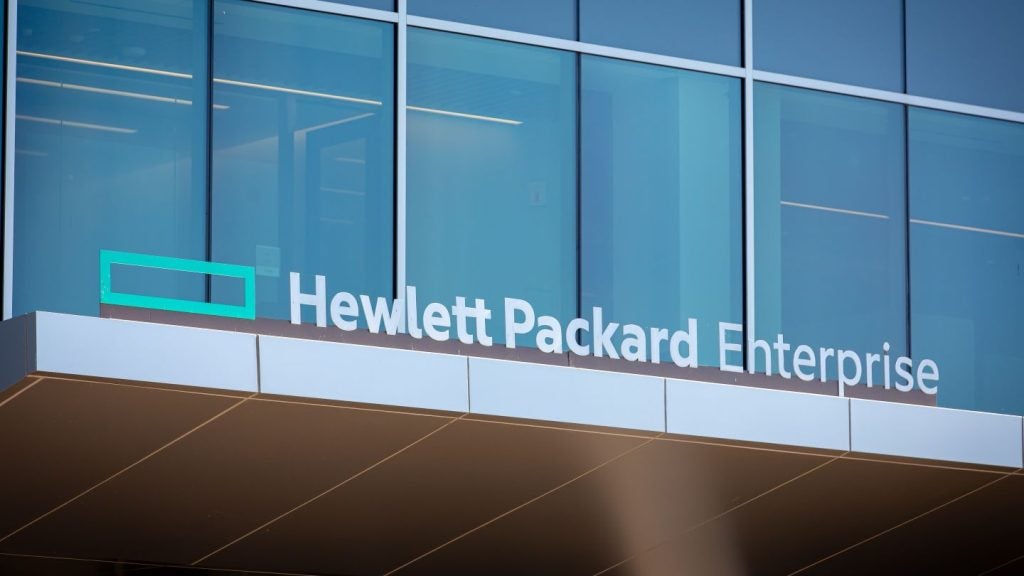The UK Government has announced the closure of its Office of Local Government, Oflog.
This follows a previous announcement that its remit was being reviewed by Jim McMahon MP, Minister of State for Local Government. The Chief Executive of Oflog, Josh Goodman, had been asked to consider what role it could have in improving the digital capability of local authorities. On 16 December 2024, the Minister took the decision that its remit had been too “vague and broad”, and that the office would be closed.
In explaining his decision, the Minister also referred to the need to “focus our resources on the front line”. Additionally, it was observed that the Government considered it an “urgent priority” to “fix the local audit system”, which was not part of Oflog’s remit.
Digital capacity issues
Both audit and digital capability remain critical issues for local government. There are many other existing channels by which digital development can be addressed, especially within the newly consolidated Department of Science, Innovation and Technology (DSIT). Accordingly, we can expect to see DSIT pick up that remit as part of its new structure in the new year.
With regards to local government audit, the current crisis, as it is now fair to call it, can be attributed to some extent to a decision by the then coalition Government in 2015 to abolish the Audit Commission.
This body used to centrally audit all local government accounts; this function was effectively outsourced to the private sector. That decision was partly motivated by a desire to remove the top-down performance framework for local government which the Audit Commission oversaw, the Comprehensive Performance Assessment (CPA). While the scrapping of the CPA was widely welcomed by the sector due to the bureaucracy involved, the subsequent near collapse of local government audit was not anticipated by the then Government.
In 2022/23, just over 10% (43) of England’s 426 local authorities submitted reliable data to the Whole of Government Accounts (WGA). Of the near 90% of local authorities that failed to submit reliable data, 46% (196) submitted information that hasn’t been audited, and 44% (187) did not submit any data at all. As a result, the National Audit Office recently issued a “Disclaimer of Opinion” for the entire WGA for 2022/23, meaning that it was unable to obtain sufficient audit evidence to form an opinion concerning the accounts.
After Oflog – a new body for local audit?
On the same day that it announced the closure of Oflog, the Government also published its English Devolution White Paper. As well as outlining is plans for restructuring, and shifting more powers to, local authorities, the paper discussed both audit and performance management within the sector.
With regards to local audit, the paper noted that the Government will “radically simplify” the system and “establish a new body” for local audit. Regarding performance, the Government will create an “outcomes framework” for the integrated financial settlements it will begin to provide to combined authorities – overarching collaborations of existing councils with a directly elected mayor. While the framework would initially be only for these combined authorities, the White Paper suggests it will “become a scalable feature of the accountability landscape as devolution is deepened and widened”.
A comeback for the National Audit Commission?
In outlining the need for a new body for local audit and for the outcomes framework, the new Government has therefore, effectively, in broad outline at least, recreated the rationale for the previous National Audit Commission.
That does not mean that the two functions will be overseen by the same body, nor that the resulting processes will be as broad in scope or cumbersome as before – but it does mean that the Government believes that it is now necessary for it to, as previously, centrally resource and structure the oversight of local government performance and audit.
The Government has talked a lot about a new partnership with local government. We will now get to see how it manages the challenge of holding local government to account, quite literally, without micromanaging it








